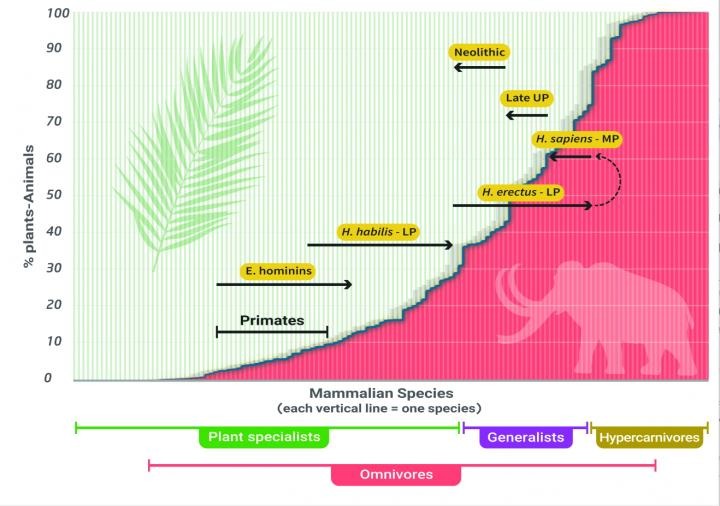The Atlantic Ocean’s circulation is approaching a tipping point, which is alarming news for the climate and humanity, according to a recent study. The researchers were surprised by the forecasted speed of collapse once the tipping point is reached, and although they cannot predict exactly when it will happen, they found that the Atlantic meridional overturning circulation (Amoc) is already on track for an abrupt shift, which has not occurred for over 10,000 years. Amoc plays a crucial role in global climate regulation as it distributes heat, carbon, and nutrients from the tropics to the Arctic Circle, effectively impacting the Earth’s energy distribution and moderating the effects of human-induced global warming. However, the system is being weakened by the rapid melting of Greenland’s glaciers and Arctic ice sheets, leading to the influx of freshwater into the ocean and hindering the sinking of saltier, warmer water from the south. As a result, Amoc has decreased by 15% since 1950 and is currently at its weakest state in more than a millennium.
Previous research speculated about an imminent collapse of Amoc, but there was no consensus on its severity. A study last year suggested that the tipping point could occur sometime between 2025 and 2095, while the UK Met Office considered large, rapid changes in Amoc to be “very unlikely” in the 21st century. The latest paper, published in Science Advances, broke new ground by identifying warning signs in the salinity levels at the southern extent of the Atlantic Ocean, finding that a gradual decline could lead to a sudden collapse within less than 100 years, with grave implications for the entire planet.
The study mapped out the consequences of an Amoc collapse, including a rise in sea levels by a meter in some regions, altering the wet and dry seasons in the Amazon, causing more erratic temperature fluctuations globally, warming of the southern hemisphere, cooling of Europe, and reduced rainfall. Although some may find the cooling of Europe appealing in comparison to the current warming trend, the rapid nature of these changes would make adaptation nearly impossible.
The lead author of the paper, René van Westen, emphasized the devastating impact of this potential collapse, highlighting the irreversible changes on human timescales once it occurs. While the exact timeline remains uncertain, the direction is undeniably alarming, indicating an urgent need for a more serious approach to climate change.













